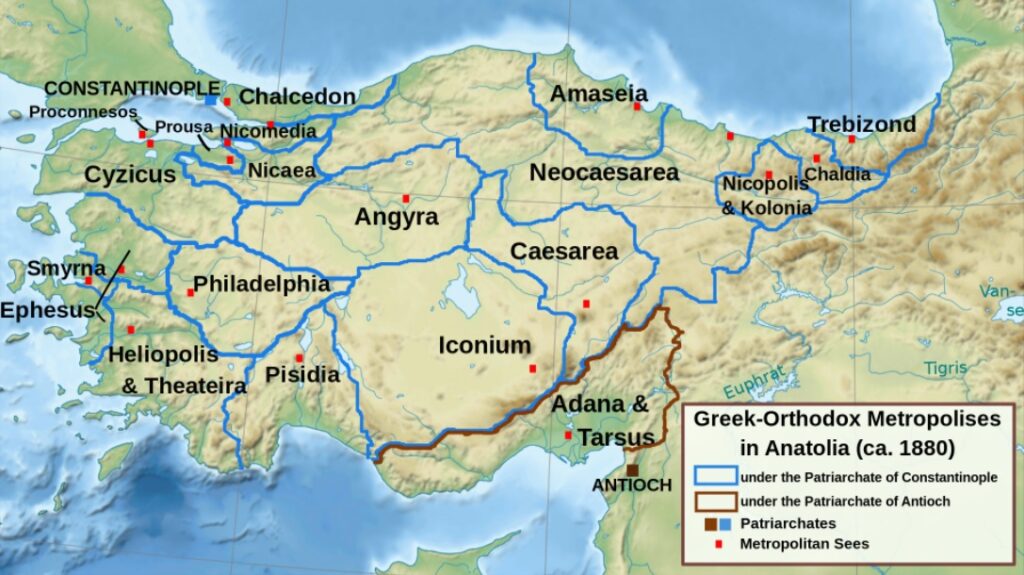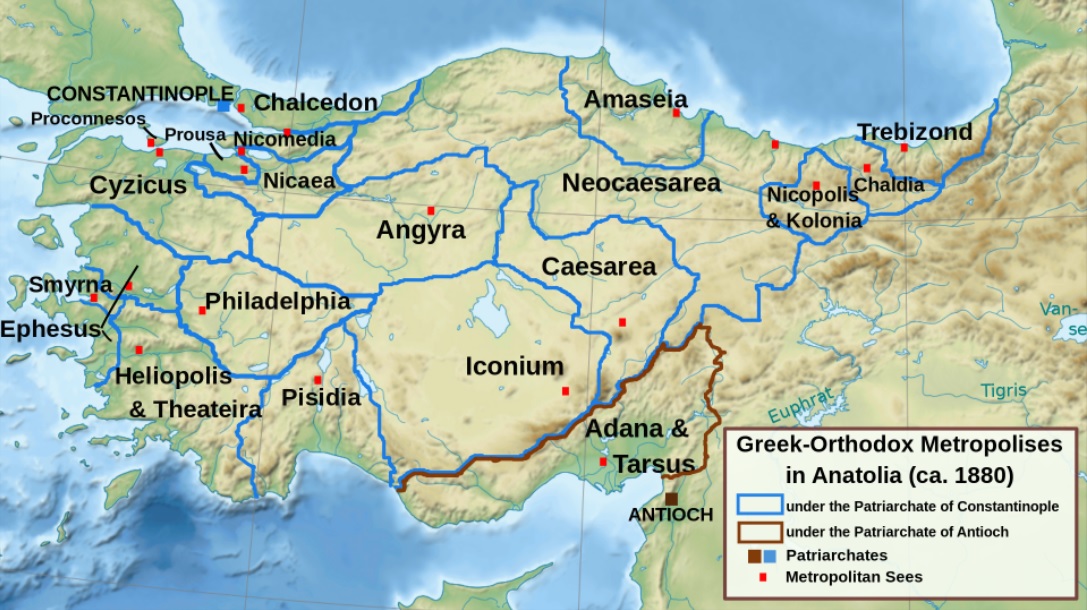
- Philadelphia is one of the seven cities mentioned in the biblical book of Revelation.
- It was located in Asia Minor, in what is now modern-day Turkey.
- The city was founded by Attalus II Philadelphus, king of Pergamum, in the second century BCE.
- Its name, Philadelphos, is Greek for “one who loves his brother.”
- Philadelphia was strategically situated at the crossroads of Lydia, Mysia, and Phrygia, serving as a gateway to the East.
- The city was known for its Hellenistic culture and was a center for the spread of Greek language and civilization.
- In the early Christian era, Philadelphia was a thriving center of Christianity in Asia Minor, and was one of the last bastions of Christian resistance against the advancing Muslim armies.
- Despite numerous attacks and occupations, the city managed to survive until the 14th century, when it was finally captured by the Ottoman Empire.
Philadelphia is a historic city located in modern-day Turkey, and it is often overlooked by tourists in favor of larger cities like Istanbul. However, this city has a rich and fascinating history that is worth exploring.
According to the biblical book of Revelation, Philadelphia was one of the seven churches of Asia. It was founded by colonists from Pergamum under the reign of Attalus the Second, who ruled Pergamum from 159 to 138 BC. The city was strategically located at the meeting point of the boundaries of Lydia, Mysia, and Phrygia, making it a border town of great importance.
The name Philadelphia comes from the Greek words “philos” meaning “love” and “adelphos” meaning “brother”. The city was founded to be a missionary of Greek language and culture to the barbarians beyond, and it served as a free Greek Christian city amidst pagan people for centuries. As Turks and Muslims flooded across Asia Minor and every other town fell, Philadelphia remained a stronghold of Christianity, serving as the last bastion of Asian Christianity.
Despite its rich history, Philadelphia is often overshadowed by larger and more well-known cities in Turkey. However, the city’s historical significance and unique cultural heritage make it well worth a visit for anyone interested in history or culture.
Sources:
- The Bible, Revelation 3:7-13
- “Philadelphia” in The New Encyclopedia of Archaeological Excavations in the Holy Land, Vol. 4, edited by Ephraim Stern. New York: Simon & Schuster, 1993.

